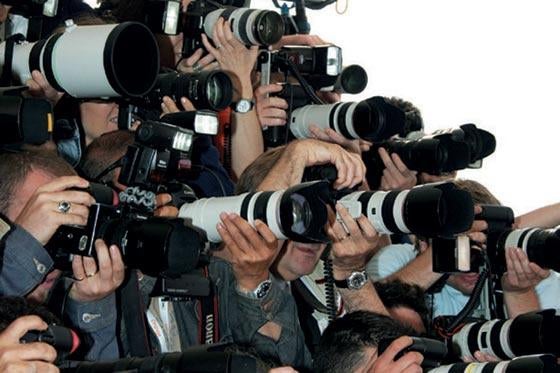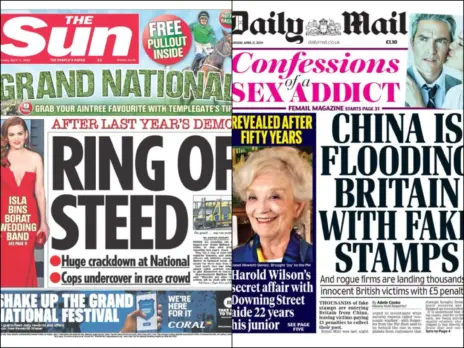
Labour MP Austin Mitchell is planning to take a delegation of photographers to the Home Office to protest about the growing number of cases in which police officers and others try to stop professional and amateur photographers taking pictures in public places.
Mitchell, MP for Grimsby, has already tabled an Early Day Motion at the Commons which has been signed by 131 MPs, giving it wide cross-party support.
Mitchell said he tabled the motion because of the increasing number of occasions in which police and others had tried to stop people taking pictures in public places.
“People have complained about photographers being stopped from taking pictures by police, PCSOs, wardens and by various officious people,” he said.
“People have a right to take photographs and to start interfering with that is crazy. It seems crazy when the streets are festooned with closed-circuit television cameras that the public should be stopped from using cameras.
“The proliferation of digital cameras and mobile phones with cameras means that everybody carries a camera these days.”
Mitchell said that last year he was challenged when taking a picture of the view while visiting the Leeds-Liverpool canal by a lock-keeper who wanted to know why he was taking photographs.
The National Union of Journalists (NUJ) has also protested about the growing number of cases in which police and others have stopped press photographers doing their jobs.
NUJ general secretary Jeremy Dear staged a one-man protest outside the headquarters of the Metropolitan Police on March 28 to highlight the failure of law enforcement officers to protect media freedoms.
Press photographers are growing increasingly frustrated because they are regularly obstructed from doing their jobs by police officers who do not understand the law.
Dear said his one-man demo was intended to help senior police officers spot the difference between a protester and photographers covering the protest.
Mitchell’s Early Day Motion reads: “That this House is concerned to encourage the spread and enjoyment of photography as the most genuine and accessible people’s art; deplores the apparent increase in the number of reported incidents in which the police, police community support officers (PCSOs) or wardens attempt to stop street photography and order the deletion of photographs or the confiscation of cards, cameras or film on various specious ground such as claims that some public buildings are strategic or sensitive, that children and adults can only be photographed with their written permission, that photographs of police and PCSOs are illegal, or that photographs may be used by terrorists; points out that photography in public places and streets is not only enjoyable but perfectly legal; regrets all such efforts to stop, discourage or inhibit amateur photographers taking pictures in public places, many of which are in any case festooned with closed circuit television cameras; and urges the Home Office and the Association of Chief Police Officers to agree on a photography code for the information of officers on the ground, setting out the public’s right to photograph public places thus allowing photographers to enjoy their hobby without officious interference or unjustified suspicion.”
In February, photojournalist Marc Vallée, who was injured while covering the “Sack Parliament” demonstration in 2006, received an apology and an out-of-court settlement from the Metropolitan Police.
In May last year, Thames Valley Police rescinded a caution which was given to photographer Andy Handley, of the MK News in Milton Keynes, after he took pictures at a road accident scene.
The force rescinded the caution, which was deleted from the Police National Computer, after NUJ took up the case.
Handley was arrested and handcuffed after refusing to give a police sergeant the memory card from his camera, which carried pictures he had taken from a public road and from behind police tapes at the crash scene at Stony Stratford, Bucks.
Email pged@pressgazette.co.uk to point out mistakes, provide story tips or send in a letter for publication on our "Letters Page" blog







